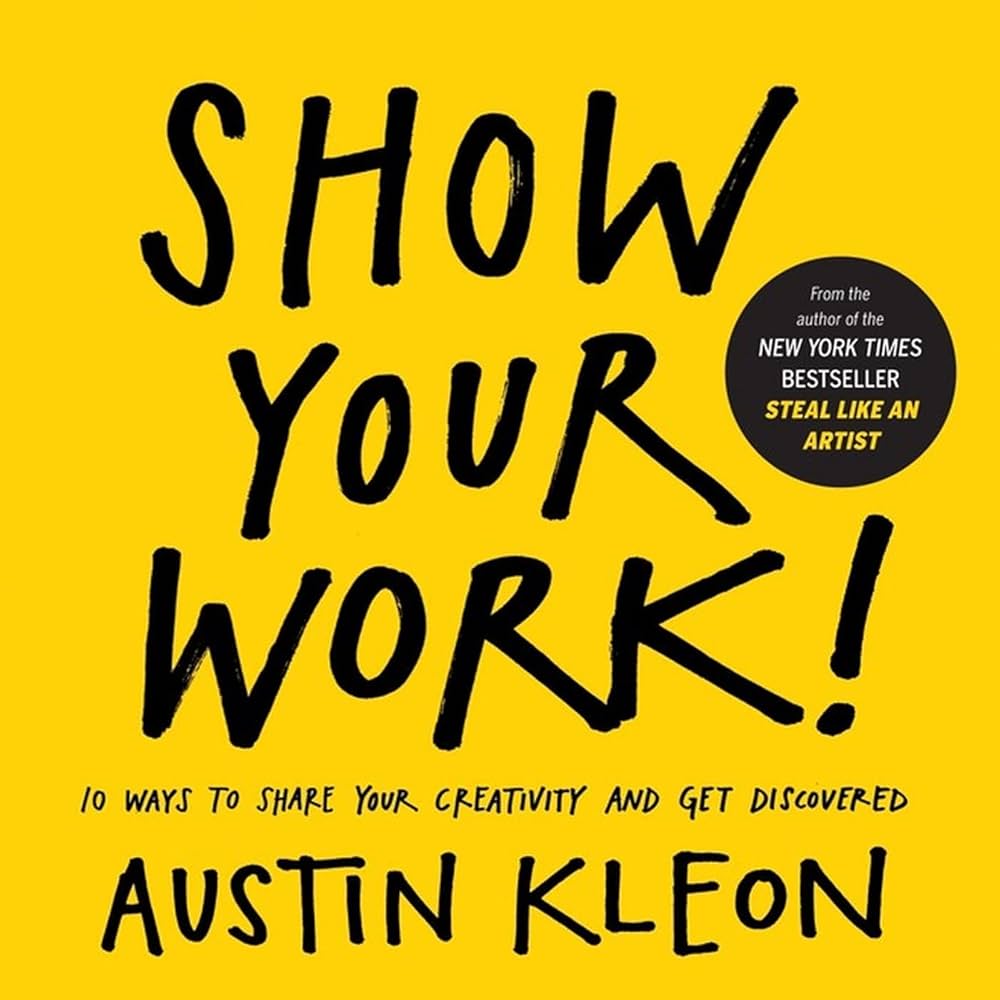Create Engaging Podcasts
From the high-quality microphone to the user-friendly sound editing equipment, we have everything you need to create a podcast. We can also recommend a few guidelines and principles to make your podcast more appealing to your listeners.
Start with a Hook
Within the first minute, give the listener a puzzle or mystery. This will help to structure the rest of the podcast in a way that avoids unnecessary digressions.
Don’t Be Afraid of Digressions
The podcasting format lends itself to a more conversational tone. It’s good to have a script ahead of time but definitely allow yourself to veer away from it.
Plan Out the Takeaways
As you lay out your script, ensure that you have an interesting factoid or conclusion for the listener to learn at regular intervals.
The Podcast as a Way to Share Work-In-Progress
In a university setting, researchers face considerable pressure to hold back their work until after several drafts and peer review. Podcasting, with its informal culture and conversational tone, offers you the chance to share your work at an earlier stage. Although your listeners will appreciate some amount of preparation, you might even consider podcasting as informal as brainstorming. Sometimes sharing your work in its early stages opens up possibilities for others to contact you with fruitful suggestions and tie-ins. Although we rarely think of those with graduate training as amateurs, the following quote from Austin Kleon might put your mind at ease if you are worried about sharing work before its perfected stage.

We’re all terrified of being revealed as amateurs, but in fact, today it is the amateur - the enthusiast who pursues her work in the spirit of love (in French, the word means ‘lover’), regardless of the potential for fame, money, or career - who often has the advantage over the professional. Because they have little to lose, amateurs are willing to try anything and share the results. They take chances, they experiment, and follow their whims. Sometimes, in the process of doing things in an unprofessional way, they make new discoveries. ‘In the beginner’s mind, there are many possibilities,’ said Zen monk Shunryu Suzuki. ‘In the expert’s mind there are few.’ …Amateurs know that contributing something is better than contributing nothing. Amateurs might lack formal training, but they’re all lifelong learners, and they make a point of learning in the open, so that others can learn from their failures and successes. - Austin Kleon, Show Your Work!”